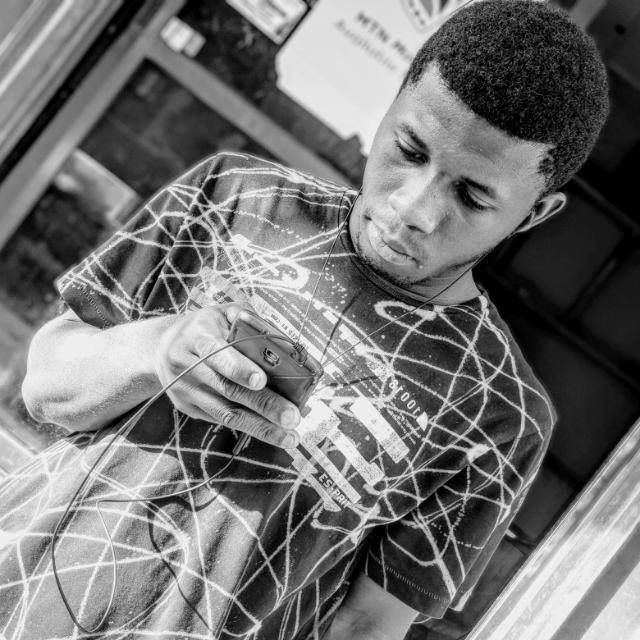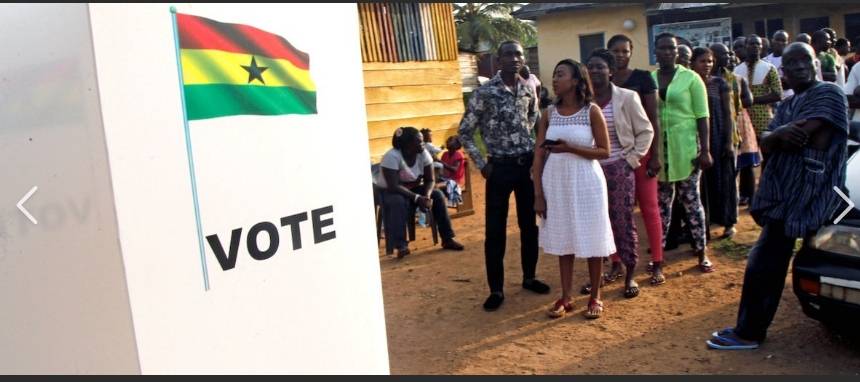Accra, Ghana – Ghana is experiencing one of its most severe economic crises in decades, marked by soaring inflation, high unemployment, and a public debt crisis. For young Ghanaians, who make up a significant portion of the population, the recent presidential election represented not just a vote for leadership but a plea for change.
Ghana, once celebrated as one of Africa's fastest-growing economies, is now battling economic turbulence worsened by external shocks and structural challenges. The country’s inflation rate has remained persistently high, with basic goods and services becoming increasingly unaffordable for many. Youth unemployment hovers at alarming levels, leaving young people disillusioned and frustrated with their economic prospects.
The Economic Context
The West African nation, known for its rich natural resources such as gold, cocoa, and oil, has been struggling under the weight of public debt. A bailout program by the International Monetary Fund (IMF) was initiated to stabilize the economy, but the austerity measures tied to the program have led to sharp increases in taxes and spending cuts. For many, these measures have brought more hardship than relief.
“We need opportunities, not promises,†said Samuel Agyeman, a 24-year-old graduate from the University of Ghana. “Every year, more graduates leave school, but where are the jobs? It’s a cycle of frustration.â€
A Youth-Centered Election
In this challenging environment, the recent presidential election was seen as a turning point. For the first time, many young voters voiced their hopes for a government that would prioritize job creation, economic reforms, and policies to ease their struggles.
John Dramani Mahama, the opposition candidate and former president, promised to renegotiate the terms of the IMF bailout and focus on policies aimed at addressing unemployment. Meanwhile, Vice President Mahamudu Bawumia of the ruling New Patriotic Party (NPP) campaigned on the party's efforts to stabilize the economy despite global challenges.
The youth, however, were skeptical. “We’ve heard all this before,†said Akosua Boakye, a small-business owner in Kumasi. “Whoever wins needs to prove they care about us. We’re tired of talk without results.â€
The Hope for Change
Despite their skepticism, voter turnout among young people was high. Youth movements across the country called for action, leveraging social media to organize debates and advocate for policies that address their concerns.
“It’s about accountability,†said Selorm Mensah, a youth leader from Accra. “We’re watching, and we’ll hold the next government responsible for their promises.â€
Looking Ahead
As the country waits for the new administration to assume office, young Ghanaians remain cautiously optimistic. Many believe that meaningful progress will only come if leaders prioritize economic stability, create jobs, and provide an environment where youth can thrive.
For now, the election has provided a glimmer of hope. Whether this hope translates into real change remains to be seen.



No comments yet
Be the first to share your thoughts!